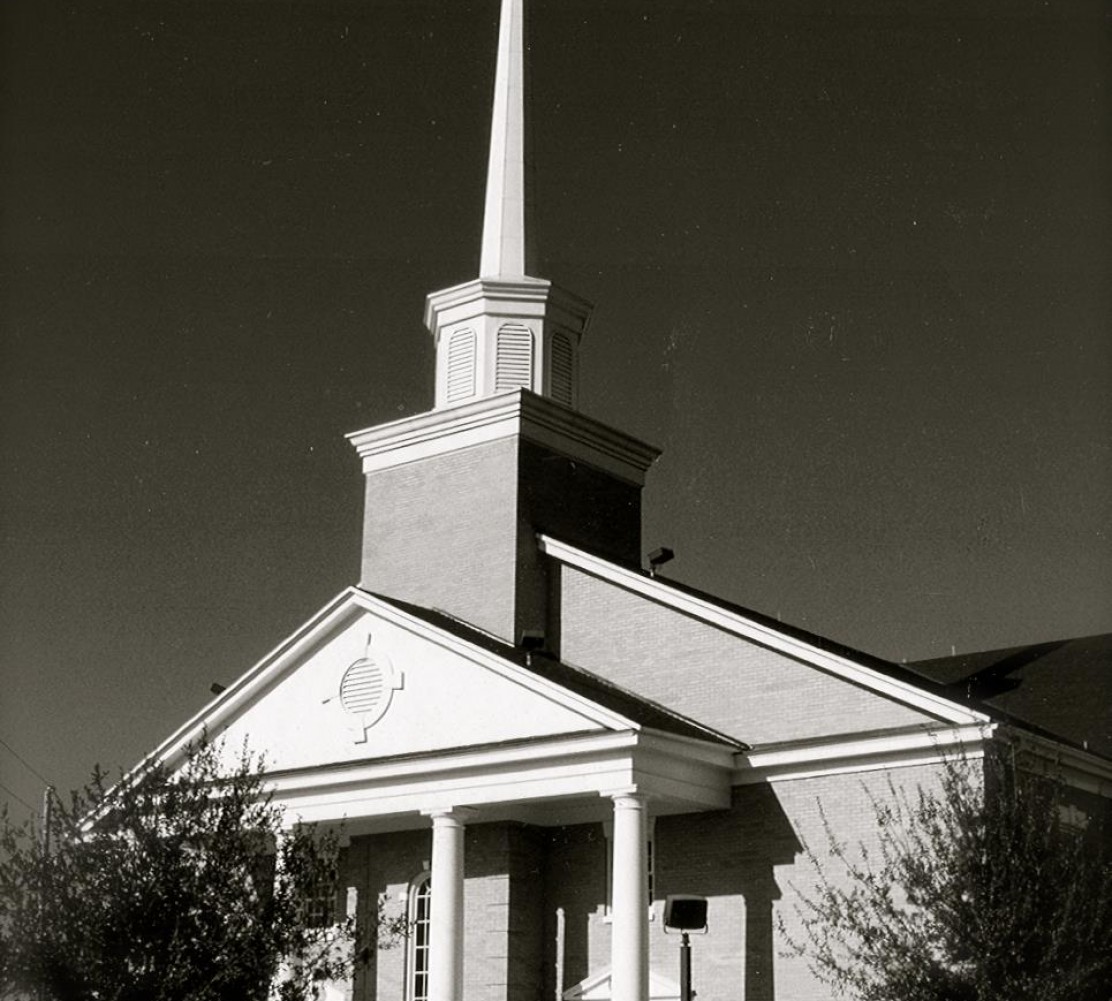Here’s how I used a particular story from The Presidents’ Club in today’s sermon on Genesis 3:
President Lyndon Baines Johnson was an outgoing person, and he really enjoyed it when people needed his friendship and influence. But he had a very tumultuous presidency. The country, as many of you who lived then remember, was in a great state of upheaval during his administration. The Vietnam War was incredibly controversial, yet LBJ struggled to find the right way to end the conflict. Richard Nixon made many shrewd political moves leading up to the 1968 presidential election, and Johnson’s own party began to turn away from him, until Johnson finally withdrew from the race in embarrassment, even though he was eligible for another term.
Once Johnson had left the presidency, he set about shaping and even reforming his legacy. In Nancy Gibbs and Michael Duffy’s book The Presidents Club, his obsession about this is described. Johnson cared a great deal about his own name. He put all his energy into his presidential library. He would go to the parking lot of the historical site of his birth and count the states represented by the cars’ license plates, to see how far people had come from. He wanted to know how many postcards people bought there, hoping that they would outnumber postcards bought at other similar locations. He even went so far as to get the announcer at the University of Texas football stadium to tell people as they went to the bathroom at halftime that there were extra restrooms nearby at LBJ’s presidential library!
This is a sad thing, isn’t it? A man who reached the pinnacle of world power and held the office that so many aspire to was brought to this point of caring that much about what people thought of him, struggling with pride to the point of counting and comparing postcard sales. But the book makes clear that just about every president deals with this same tormenting concern – “How will people perceive me?” And the reality is, this concern is not foreign to ANY of us. Pride eats at us. It is at the root of every sin. Its temptation worked for Satan against Eve, and it continues to work today. Watch out for pride. Humble yourself before the Lord, and submit to His will. Look for instances of your own pride, and KILL them by giving them up to the Lord and submitting to Him. God’s Word says that He “resists the proud, but gives grace to the humble.” It tells us: “Humble yourself in the sight of the Lord, and He will exalt you.”
This illustration would work well with texts dealing with pride, like: Genesis 3, 2 Samuel 24, 2 Chronicles 26, 2 Chronicles 32, Proverbs 3:34, Proverbs 16:18, James 4:6, 1 Peter 5:5, and 1 John 2:16
It would also work with Scriptural texts about pleasing God rather than men, like: Matthew 10:28, Acts 5:29, Galatians 1:10, and Ephesians 6:6
